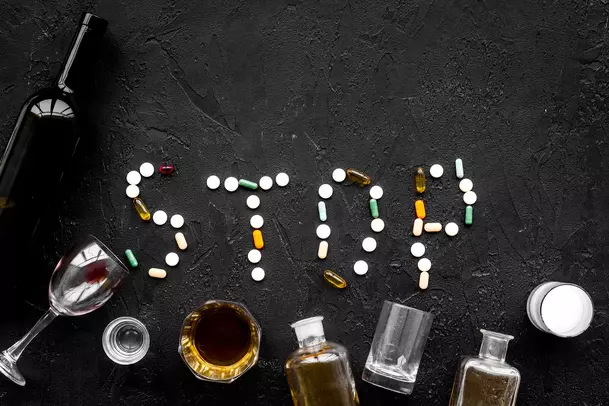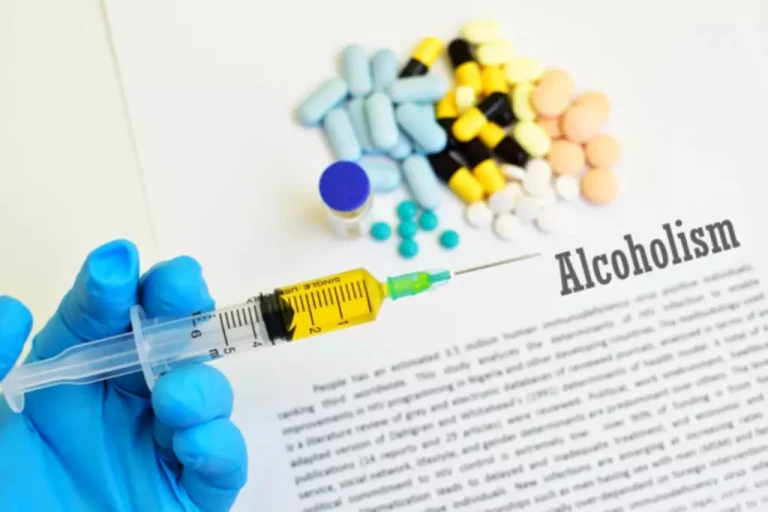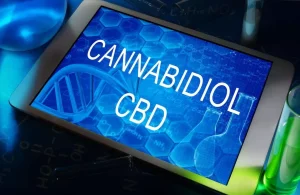
Relapse prevention programmes are based on social cognitive and cognitive behavioural principles. More recent developments in the area of managing addictions include third wave behaviour therapies. Third wave behaviour therapies are focused on improving building awareness, and distress https://ecosoberhouse.com/ tolerance skills using mindfulness practices. These approaches have shown promise, and more recently the neurobiological underpinnings of mindfulness strategies have been studied. The article provides an overview of cognitive behavioural approaches to managing addictions.
How to find a CBT professional
If you are interested in learning more about cognitive behavioral therapy for substance use disorders, help is available. One of the best predictors of success in recovery is staying connected to treatment for the appropriate amount of time. This means that, from the first step, it is important to follow a treatment plan which is customized to your needs. CBT is a widely effective treatment approach for many people and can help you challenge negative beliefs about yourself and start to create a new worldview. Focusing on individuals with cannabis use disorders, Budney and colleagues developed a computerized approach encompassing MI, CBT and contingency management (Budney et al., 2015). In a randomized controlled trial, 75 adults with marijuana use disorder were randomized to 2 sessions of brief treatment versus a 9-session clinician-delivered MET-CBT approach, or a 9-session version of TES emphasizing MET and CBT.
What to Expect During a CBT Session
- Also assisting patients in setting smaller goals in the service of longer term goals is an important exercise.
- This work is an overview and should therefore be viewed as such, as some relevant studies may have been excluded.
- That these basic CBT components were detectable in less than 6% of all sessions rated suggests very limited success in disseminating CBT to the clinical community, at least in the settings included in those studies.
The wife was involved in therapy, to support his abstinence and help him engage in alternate activities. Rajiv’s problem is an illustration of how various psychological, environmental and situational factors are involved in the acquisition and maintenance of substance use. His father and maternal uncle were cognitive behavioral therapy heavy drinkers (predispositions to drinking, social learning). Rajiv was anxious since childhood (early learning and temperamental contributions) and avoided social situations (poor coping). He started using alcohol in his college, with friends and found that drinking helped him cope with his anxiety.
Cognitive Behavioral Approaches for Substance Use Disorders
- Motivational interviewing (MI19,20) was developed in the context of behavioural trials for self-control for drinking and includes principles of expressing empathy, rolling with resistance and avoiding non- constructive arguments or conversations, supporting self-efficacy and developing discrepancy between desired life goals and substance use.
- CBT has some things in common with rational emotive behavioral therapy, which was developed on its basis.
- If you or anyone you know is undergoing a severe health crisis, call a doctor or 911 immediately.
- Consistent across interventions is the use of learning-based approaches to target maladaptive behavioral patterns, motivational and cognitive barriers to change, and skills deficits.
Some cognitive behavioral therapists accept insurance, but others may not accept insurance. Others may be out-of-network (OON) but offer patients the option of paying their therapy costs up-front and then sending a superbill to their insurance company for reimbursement. In that case, the therapist gives the client the paperwork necessary to submit their insurance claim directly to their provider. The current meta-analysis shows that CBT is more effective than a no treatment, minimal treatment, or non-specific control.
Primary Study Descriptive Characteristics

As noted, we sought homogeneity in how CBT was defined via inclusion of face-to-face CBT not combined with another intervention, whether psychosocial or pharmacological. However, reporting of therapist training (44%), supervision frequency and/or methods (70%), and fidelity (7%) was variable in the sample of studies. Second, study results should be considered in the context of the ongoing debate about what constitutes an optimal outcome in randomized clinical trials with substance use disorders. We selected consumption measures, and favored biological assay variables, but equally meaningful are use consequences and improvements in overall functioning (Kiluk, Fitzmaurice, Strain, & Weiss, 2019). Further, optimal outcomes could vary as a function of intervention modality, including specific ingredients and purported mechanisms of action (Donovan et al., 2012). Therefore, the degree to which the outcomes presented in this review reflect an ideal endpoint or merely one kind of endpoint for measurement of CBT efficacy should be considered.
Gradually he began to drink before meetings or interactions (maladaptive coping and negative reinforcement). He reported difficulty sleeping if he did not drink, could not get past the day without drinking or thinking about his next drink (establishment of a dependence pattern). His wife brought him for treatment and he was not keen on taking help He did not believe it was a problem (stage of change).
Can Cognitive Behavioral Therapy (CBT) Treat Alcoholism and Drug Addiction?

Cognitive behavioral therapy (CBT) is an evidence-based form of psychotherapy that can be effective for helping people overcome substance abuse and addiction. Cognitive behavioral therapists help those in recovery to identify their negative “automatic thoughts.” An automatic thought is based on impulse and often comes from misconceptions and internalized feelings of self-doubt and fear. Often, people try to self-medicate these painful thoughts and feelings by drinking alcohol or abusing drugs. Because cognitive behavioral therapy is a structured, goal-oriented educational process focused on immediate problems, the process is usually short term. Although other forms of therapy can be long term and are not time limited, CBT is usually completed in 12 to 16 sessions with the therapist. Similar limitations occurred in a Swiss study of an 8-module internet-based program encompassing CBT and MI called Snow Control for individuals reporting cocaine use at least 3 times in the past 30 days (Schaub, Sullivan, Haug, & Stark, 2012).
Cognitive Behavioral Therapy (CBT) for Addiction Treatment








